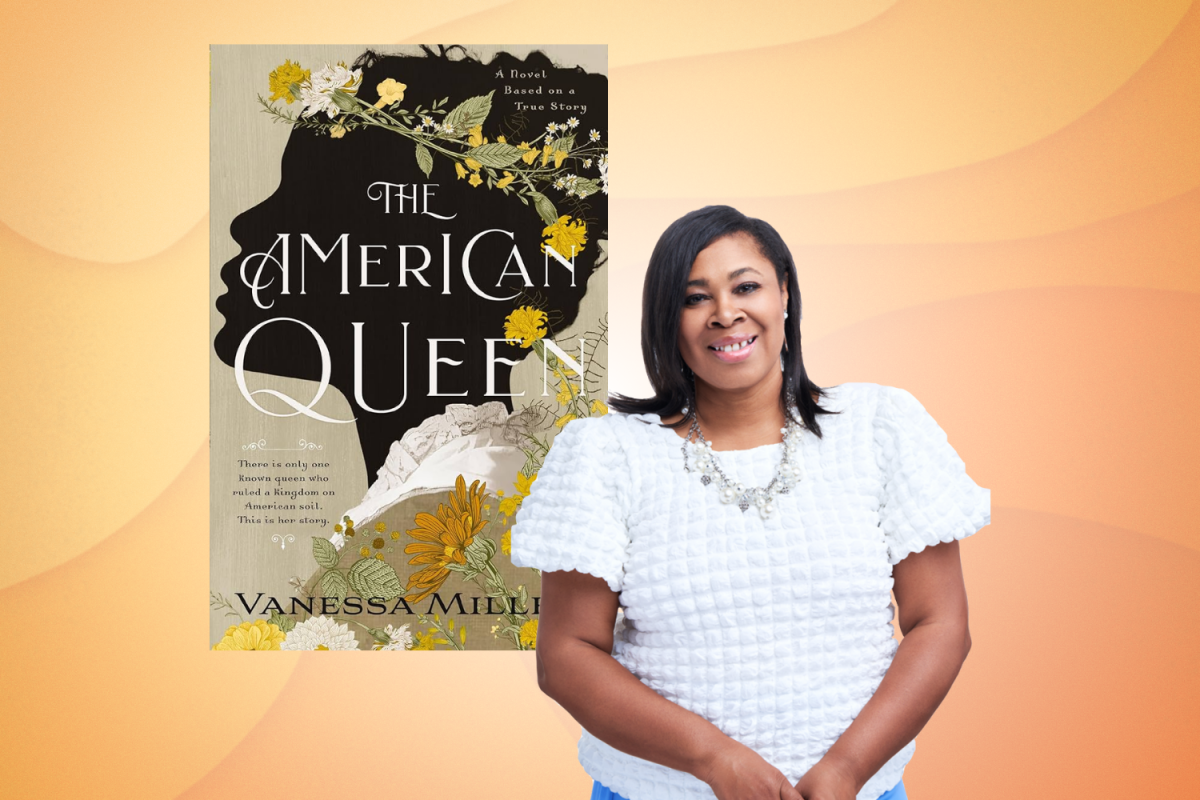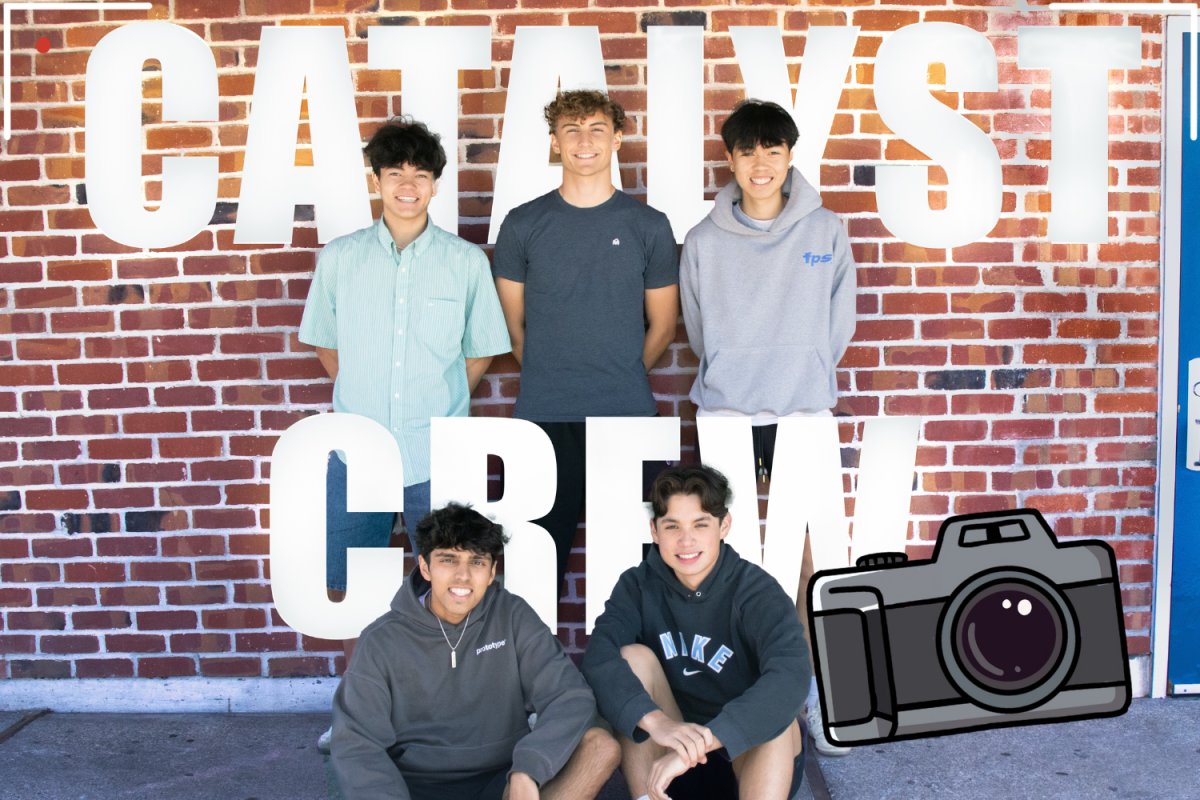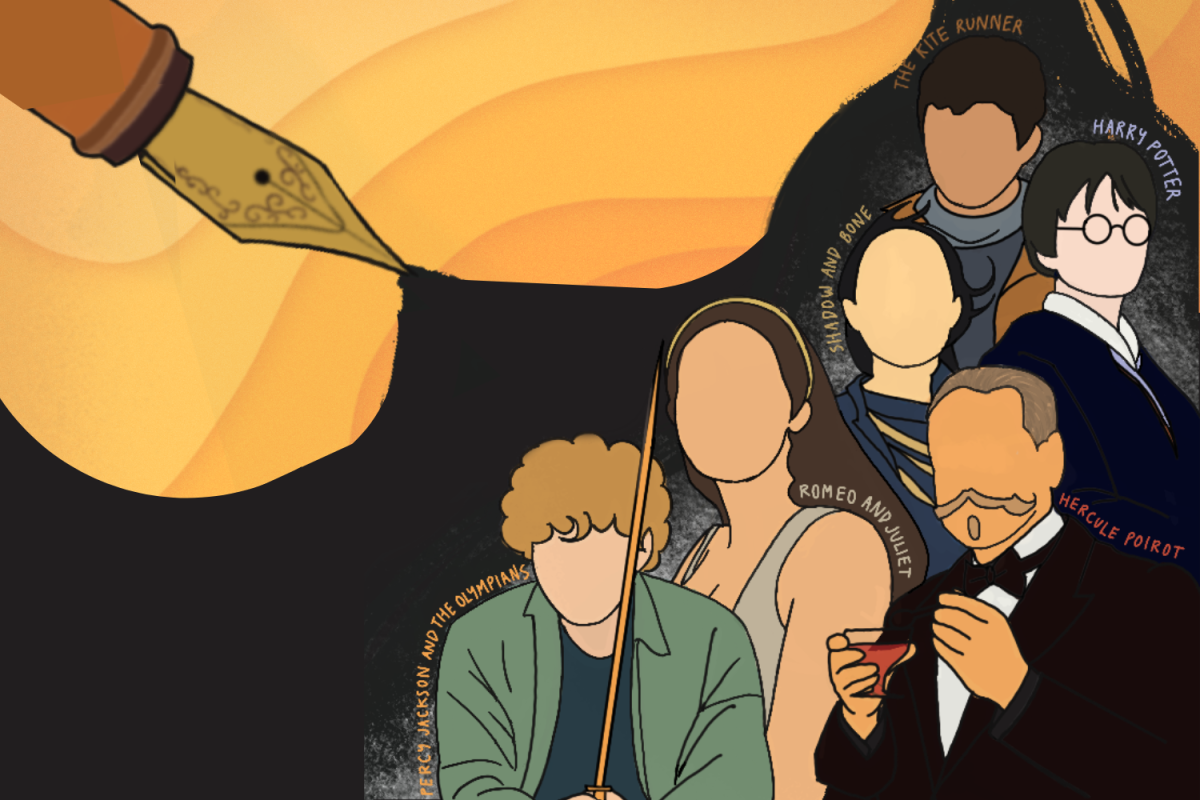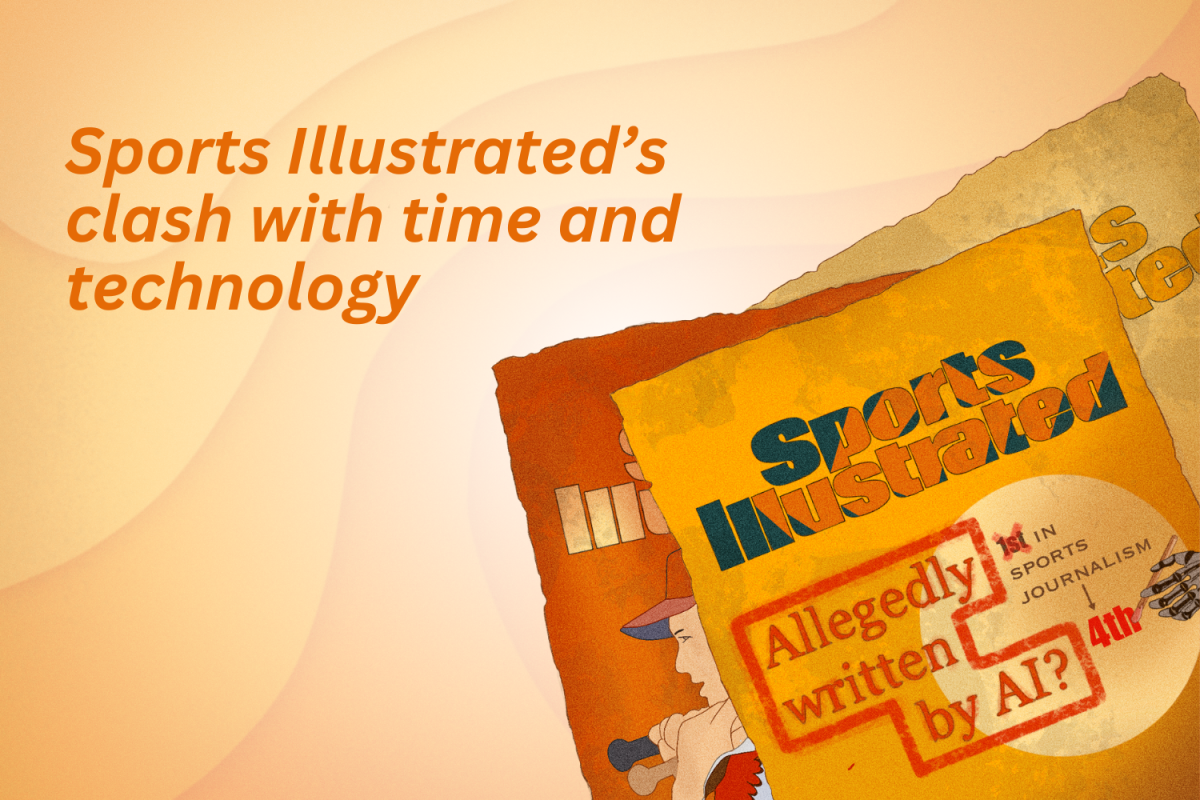“The American Queen” by Vanessa Miller is a historical fiction novel that uncovers the semi-realistic story of characters finding freedom and community following enslavement. Published on Jan. 30, the novel follows Louella, a young free slave’s unsung journey to build a land of belonging and learn how to transform her hate and anger into love. Illuminating the stories of Louella and many other characters, this story honors the lives and experiences of Black Americans, contributing to important racial discourse in light of Black History Month. The book succeeds in eloquently revealing Louella’s internal struggle in finding and accepting love, but falters to go beyond presenting a static, one-dimensional characterization for the side characters.
The characters in the book reflect the racial hierarchy and tensions present in American society following the Civil War and the abolition of slavery, when racial oppression and violence was very much present. The Black characters were treated as outsiders and lived in fear of hateful acts such as lynching, arson and murder. The persecution Black Americans face makes it clear that freedom — the basic principle America was built upon — was impossible to achieve in such a prejudiced and racially divided society.
Louella’s trauma from her past is portrayed realistically: even as she finds love and community, the scars of her past remain. The welts on her back are one of her major insecurities — a past she yearns to hide from even her closest friends and family. With Louella’s vivid dreams of her past, Miller elucidates that although being a part of a supportive community is crucial, there are parts of one’s past that one will keep to themselves. Characterizing Louella as someone who swallows much of her struggles for fear of seeming vulnerable gave her an endearing quality that readers could empathize with.
Louella longs for belonging but she struggles to find it in her community. A former slave, even after marrying Reverend William, a half-Black slave and the son of Louella’s plantation owner, she is treated as an outsider due to her race and background. William, although a slave, is treated better than the slaves on the plantation due to his lighter skin color. However, his brother Robert, who can pass for a white man, is a free man and has far more privileges than William. The author poignantly articulates the different lives of Robert and William, despite coming from the same parents, merely due to the color of their skin as well as Louella, a Black woman. With these examples, Miller highlights that even within a family, race dictates the lives individuals would lead — this was a reality of the American South in the 19th century — further bringing the book to life.
William’s potential for complexity as a character stands out. As the son of a plantation owner and slave, but being a slave himself, his identity is torn between two opposites, which I wish was explored more in the book. The story mainly focuses on Louella’s journey, and William seems one-dimensional: a loyal and loving husband to Louella. His point of view on race and class structures would have provided a fresh insight into both Black, white and mixed-race perspectives.
Louella’s courage and determination in finding a land where she belongs is truly empowering. Likewise, many readers would be able to relate with searching for belonging. Although many years have passed since slavery and racial segregation have been legally abolished, it is not only race that separates us; there are many aspects of identity that one may feel difficult to express in fear of being shunned. The Happy Land uplifts those in search of a place for home, and Louella’s story encourages readers to persist despite the struggles on the way — there is a Happy Land waiting for us all, one we will create.
Star Rating: 4/5


































































